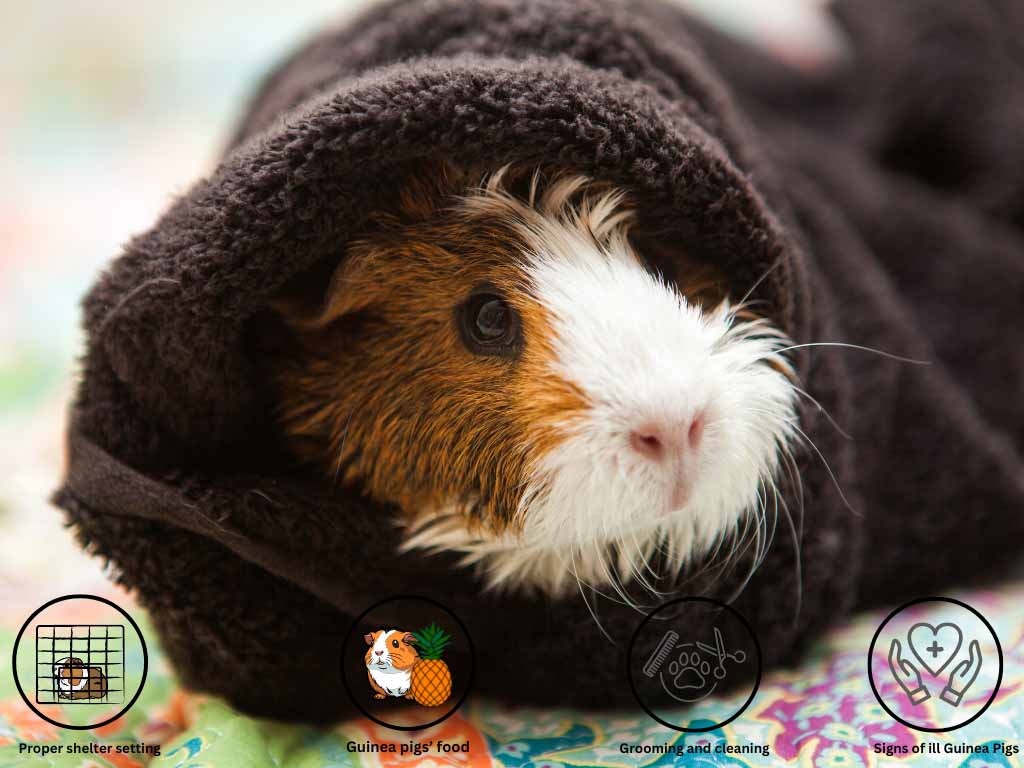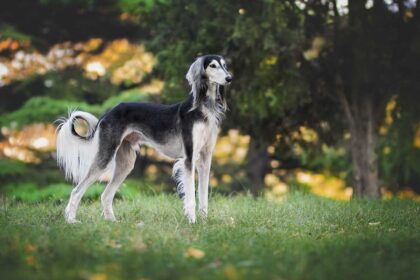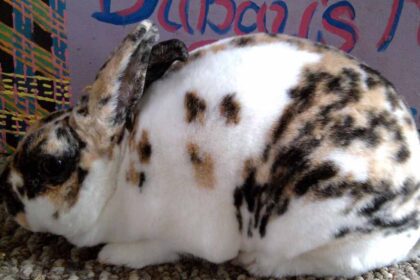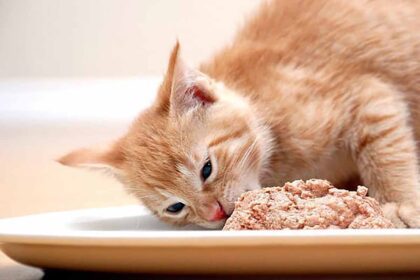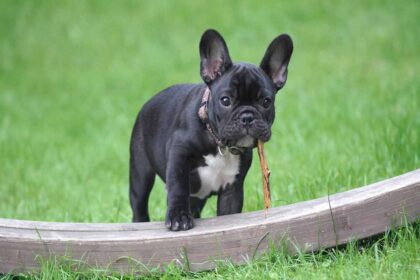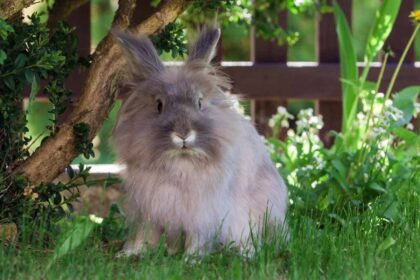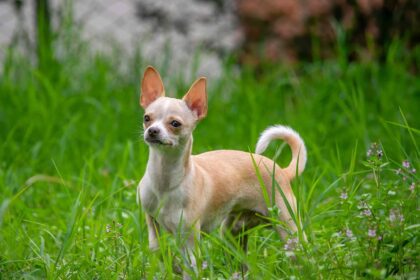Guinea pigs are also referred as cavies. Guinea pigs have long been captivating the hearts of pet lovers. If you are among one of them and are considering bringing one into your home, then it is essential to know how to take care of Guinea Pigs and maintain the good health of Guinea Pigs.
As a responsible owner, you’ll need to familiarize yourself with setting up their living environment, providing appropriate food and diet, grooming practices, recognizing signs of illness, and much more.
Well, this article is right about those facts. Without further babbling, let’s get to the point.
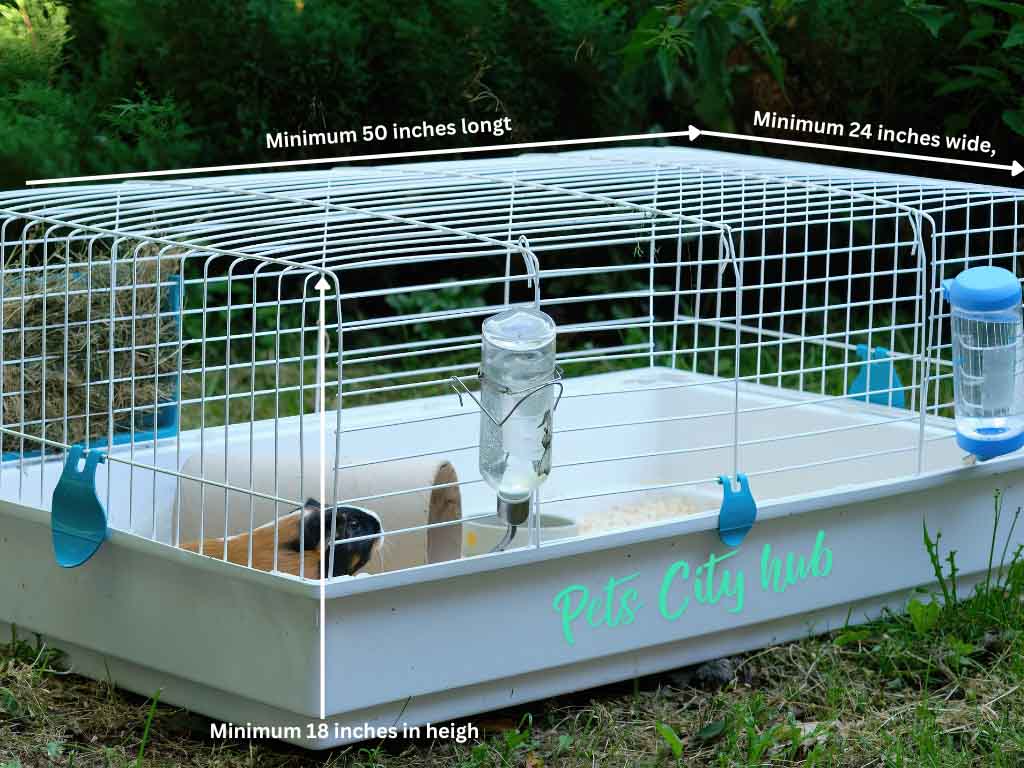
Proper Shelter Setting
When setting up a shelter for guinea pigs, it’s crucial to ensure certain features are met, such as providing an appropriate cage or hutch, maintaining suitable temperatures, selecting the right bedding, etc.
I am presenting these facts simply so you can easily understand.
An Appropriate Guinea Pig Cage Feature
- The cage should provide them ample space to play and exercise, at least 50 inches long, 24 inches wide, and 18 inches in height. A big case also eases the cleaning task for you. Increase the space by 20% for each additional guinea pig.
- The cage should be sturdy enough to protect them from predator animals (dogs, cats).
- The cage should be away from direct sunlight. The cage temperature range should be among 65⁰F – 85⁰F (180.33⁰C – 29.44⁰C)
- Provide them a hiding place, such as a box, where they can sleep and seek refuge when they feel scared. The hiding area should be kept away from human sight.
- If guinea pigs spend too much time on wire flooring, it can harm their feet, so ensure there’s plastic or paper on the cage floor.
- The cage should be Well ventilated.
How to Prevent Boredom of Your Guinea Pigs?
To prevent boredom, encourage their natural behavior such as chewing, hiding, exploring, and playing with other guinea pigs.
Providing hiding spots like boxes, chewable toys, and pipes for exploration will help to keep them mentally and physically active.

Guinea Pigs Food
Providing suitable food is crucial for the well-being of any pet, including guinea pigs. Without appropriate food, Guinea pigs will develop diseases such as gastrointestinal and dental disease.
You should ensure their diet consists of 80% hay/grass, 10% pellets, 5% vegetables, and 5% treats. Below I am explaining each of those ingredients separately.
Hay/Grass (80%)
 Guinea pigs are herbivore animals, so naturally their main diet is grass or hay. It’s essential to supply them ample amount of fresh grass/hay each day.
Guinea pigs are herbivore animals, so naturally their main diet is grass or hay. It’s essential to supply them ample amount of fresh grass/hay each day.
Moreover, Feeding the Alfalfa plant to adult Guinea pigs will lead to obesity. Because Alfalfa contains an excess amount of protein and calcium. But ill, pregnant, growing Guinea pigs (below 6 months) can benefit from Alfalfa due to its higher nutrients.
Pellets (10%)
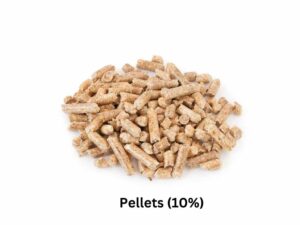 Pellets will be supplementary to their diet, not primary food. Pellets will provide essential nutrients that are not present in hay. Giving your Guinea pigs 1-2 tablespoons of pellets per day will help maintain their health.
Pellets will be supplementary to their diet, not primary food. Pellets will provide essential nutrients that are not present in hay. Giving your Guinea pigs 1-2 tablespoons of pellets per day will help maintain their health.
Vegetables (5%)
 You can give your furry friend vegetables for example Parsley, Leaf lettuce, Romaine etc. Fresh Vegetable is also a good source of nutrients for them.
You can give your furry friend vegetables for example Parsley, Leaf lettuce, Romaine etc. Fresh Vegetable is also a good source of nutrients for them.
Note: Introduce any new plant slowly to avoid any digestion problems.
Treat (5%)
 like humans, treats can make your guinea pigs happy. You can use fruits like apples, carrots, tomatoes, grapes, bananas, etc. as a treat. But overfeeding treat can cause health Issues. Make sure you are not feeding treat more than 5% of their overall diet.
like humans, treats can make your guinea pigs happy. You can use fruits like apples, carrots, tomatoes, grapes, bananas, etc. as a treat. But overfeeding treat can cause health Issues. Make sure you are not feeding treat more than 5% of their overall diet.
Vitamin C
 You have to be mindful that they are receiving vitamin C via diet. Because Guinea pigs do not possess the enzyme necessary for producing their own vitamin C. Due to lack of vitamin C, they could develop scurvy or other health-related problems.
You have to be mindful that they are receiving vitamin C via diet. Because Guinea pigs do not possess the enzyme necessary for producing their own vitamin C. Due to lack of vitamin C, they could develop scurvy or other health-related problems.
You can use Vitamin C supplements to meet their Vitamin C demand. Consult with a veterinarian about a suitable supplement and how to feed them.
Water
 Fresh water should be available to them at all times, as no living creature on Earth can survive without it.
Fresh water should be available to them at all times, as no living creature on Earth can survive without it.
Grooming and Cleaning
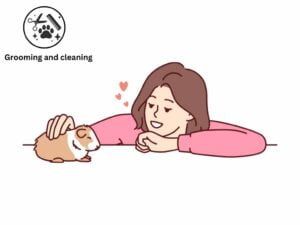 Guinea pigs have low maintenance requirements. Regular brushing, especially for long-haired guinea pigs, is recommended, and trim their nails once a month.
Guinea pigs have low maintenance requirements. Regular brushing, especially for long-haired guinea pigs, is recommended, and trim their nails once a month.
Typically, guinea pigs do not need baths. Additionally, clean their cage and bedding twice a week. However, having extra guinea pigs means you’ll need to clean their cage more frequently. Don’t forget to clean their food and water dishes regularly as well.
When grooming, petting, or treating your furry friend, you’ll need to pick them up. Use one hand to support their ribs and the other hand to gently hold their hindquarters and back end. Handling guinea pigs is easy.

Signs of ill Guinea Pigs
Guinea pigs are prey animals. They have a natural tendency to conceal signs of weakness, including illness. If you notice any of the following symptoms, it’s crucial to take your guinea pig to a veterinarian.
- Not eating or decreased appetite.
- Runny eyes, Excessive discharge from the eyes and nose.
- Fast weight loss or weight gain.
- Blood in urine.
- Losing fur in patches.
- Lack of energy, quite than normal.
- Signs of lameness or pain.
- Struggling to breathe.
- Diarrhea
- Swollen limb

One or Two Guinea Pigs
Guinea pigs are social animals, so if you purchase only one, they may become bored. Human companionship cannot substitute for the company of another Guinea pig. Therefore, my recommendation is to never purchase a single Guinea pig.
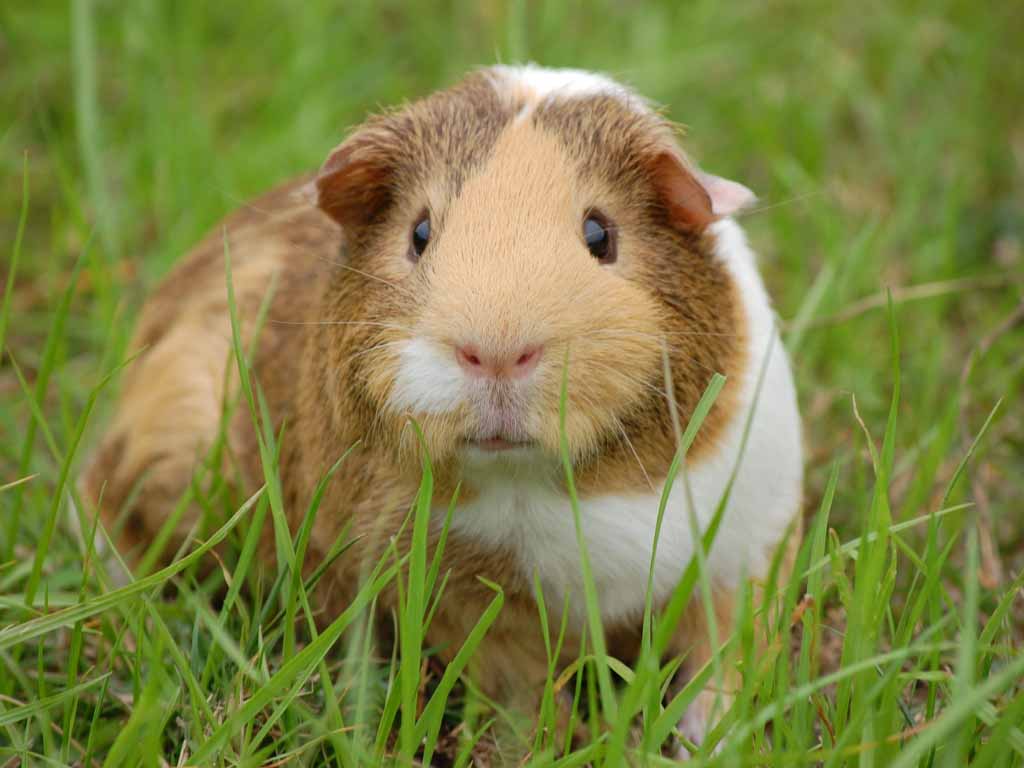
Neutering Guinea Pigs
If your intention is not reproduction, then neutering is important. Consult with a vet to neuter your Guinea Pigs.
From our above discussion, it’s clear that caring for Guinea pigs involves more than just providing food and shelter. These small, gentle creatures rely on their owners for both their physical and emotional well-being.
Practice responsible ownership, and keep in mind that Investing time and effort into their care won’t go in vain, as a healthy and happy Guinea pig can bring joy into your life.


